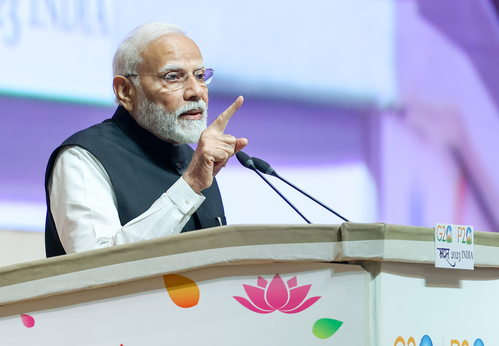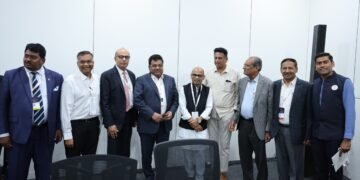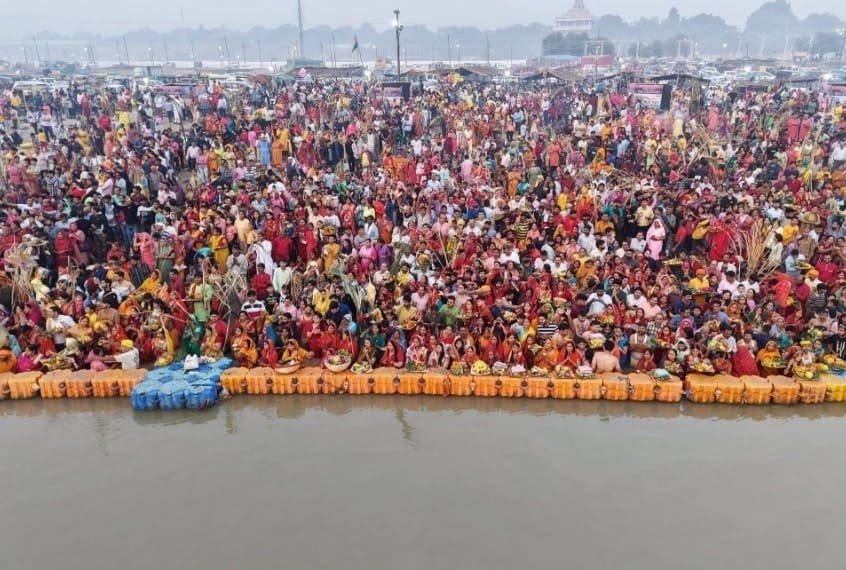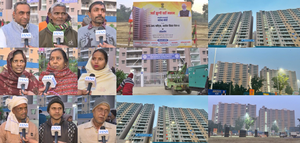
New Delhi, Nov 20 (IANS) India, under Prime Minister Narendra Modi, has increasingly asserted itself on the global stage, and New Delhi’s role in the G20 has been particularly prominent.
Thus, his interactions and statements in South Africa will be watched closely, especially when he puts forth India’s perspectives on the agenda.
Prime Minister Modi’s participation in the G20 has consistently focussed on issues relevant to the Global South, bridging the gap between developed and developing economies.
Incidentally, this will be the fourth-consecutive G20 Summit held in the Global South, marked by the event being hosted for the first time by an African nation.
New Delhi has championed initiatives related to inclusive growth, digital public infrastructure, climate finance, and multilateral development bank reforms.
India’s approach often emphasises human-centric globalisation, seeking to ensure that the benefits of global cooperation reach all segments of society.
India’s G20 presidency in 2023, culminating in the Delhi Summit, marked a significant chapter in the group’s history.
One of the most significant changes noticed in the Delhi chapter was the inclusion of the African Union (AU) as a permanent member of the G20.
This was a landmark achievement, strongly championed by India, where New Delhi’s advocacy for the AU’s full membership addressed a long-standing demand for greater representation of African voices in global governance.
This move significantly broadened the G20’s legitimacy and representativeness, making it a more inclusive forum for addressing global challenges.
Beyond the AU’s inclusion, the Delhi Summit also saw a renewed focus on several key areas under India’s presidency.
The current chapter in South Africa, as of now, is poised to be held in the absence of several key world leaders.
Notable among them are President Donald Trump of the US, China’s Premier Xi Jinping, and President Vladimir Putin of Russia.
Questions, thus, are being raised on the continued relevance and significance of such international groupings in the current geopolitical climate.
President Putin’s decision not to attend is not entirely unprecedented in other international forums due to ongoing international legal complexities and sanctions.
He has directed Deputy Chief of Staff of the Presidential Executive Office Maxim Oreshkin to lead the Russian delegation.
President Trump’s absence can be interpreted in several ways. It might reflect his ‘America First’ foreign policy, which often prioritises bilateral agreements over multilateral forums.
His administration has also shown a degree of scepticism towards international institutions, viewing some as hindering American sovereignty or economic interests. Earlier this month, the President announced that the United States would boycott the summit, referring to alleged killings of white South Africans in the country. However, Pretoria has repeatedly refuted these allegations.
Similarly, Xi Jinping, who typically champions multilateralism and global cooperation, will also be absent. The Chinese Premier could not also participate in the New Delhi chapter due to some developments back home that time.
However, he did participate in the 2024 Summit held in Rio de Janeiro. China otherwise maintains its engagement with global forums, with Prime Minister Li Qiang attending the G20 Summit in Johannesburg.
Prime Minister Modi is also expected to hold bilateral meetings on the margins of the G20 Leaders’ Summit, with some of those present in the event. What would be the focus of world attention would be the India-Brazil-South Africa (IBSA) Leaders’ Meeting being hosted by South Africa.
–IANS
jb/rad







